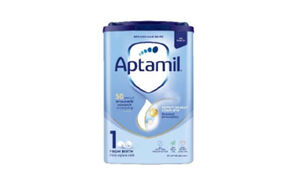Groceries cost you €500 extra a year
The authority believes the Groceries Order, introduced in 1987 to prevent below-cost selling, is costing consumers up to €577 million a year - the equivalent of €481 per household.
The order was designed to prevent major retailers, such as supermarket chains, putting small firms out of business by engaging in predatory pricing.












